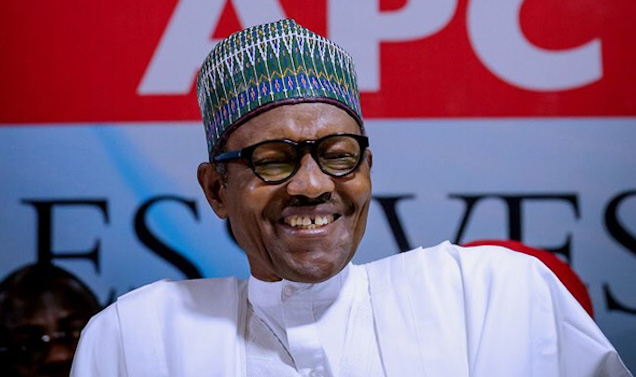Debt Management Office reports that Nigeria’s government incurred N2 trillion in public debt between January and March 2022, raising Nigeria’s overall debt to N41 trillion (DMO)
After three months, the country has added N2.048 trillion to the country’s debt, according to the Department of National Orientation (DNO), a government entity.
According to Dataphyte, a civic organisation, the country spent N9.94billion in the first quarter of 2022 alone on debt payments.
N9.94billion has been spent on debt service every day for the last three months by Nigeria.
In the first quarter of 2022, the overall cost of debt servicing was N895 billion, or 32% of total debt servicing in 2021.
According to the DMO data, Nigeria spent N668,685,710,112.98 between January and March 2022 paying domestic debt.
In January, the domestic loan service was N188.364 billion; in February, N103.883 billion; and in March, N376.437 billion.
As the research pointed out, “the debt servicing bill for Q1 2022 is 215% greater than the statistics for Q4 2021.”
By contrast, the country’s foreign debt service costs were $548,789,178,051.
1,900 times more than the last quarter of 2021, the first quarter of 2022 shows.
In the first quarter of 2022, “this stratospheric increase in foreign debt service figures is the biggest in at least each quarter of the last 12 years,” the report said.
More than half of Nigeria’s budget for 2022 was spent on debt servicing during the first quarter of 2022.
A total of N724billion is earmarked for the health sector in the 2022 budget, 23.6 percent less than the debt servicing bill for Nigeria in Q1 of 2022.
Last quarter’s debt servicing bill is 93.6 percent of the Education sector’s total allocation in the 2022 budget, which is N923.7billion. The debt servicing amount is in fact 68 percent of the total revitalisation budget at the center of tensions between academics and the federal government.
66 percent of Nigeria’s 2022 defense budget (N1.2 trillion) will go toward debt service.
This year’s budget for Nigeria’s troubled power sector is N306billion, which is 66% less than what it cost to service debts in the first quarter of 2022.
Nigeria’s post-oil economy savior, the Agricultural Sector, has been allocated N215.8billion, which is 79 percent less than the debt servicing requirements for the first quarter of 2022,” according to a statement.
Despite this, the rising level of personal debt is a source of anxiety for many people.
Financial experts at the International Monetary Fund (IMF) fear that Nigeria could exhaust its whole N10.74 trillion in earnings in 2022 paying off its debt.
N2.048trillion was borrowed in the first three months of the year, with N1.28trillion coming from domestic sources and N762billion coming from abroad. In the first three months of the current fiscal year, Nigeria spent 41.88 percent of its 2022 debt target.
